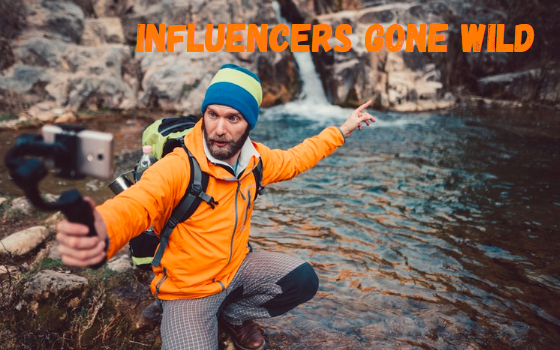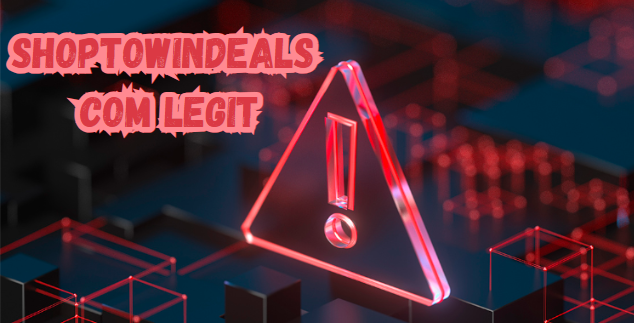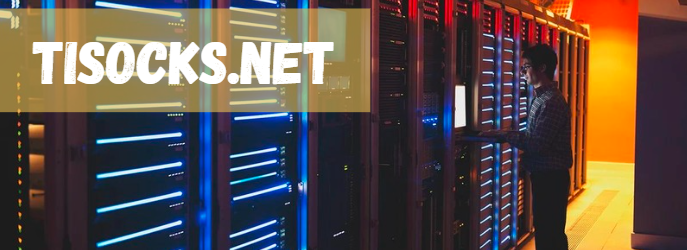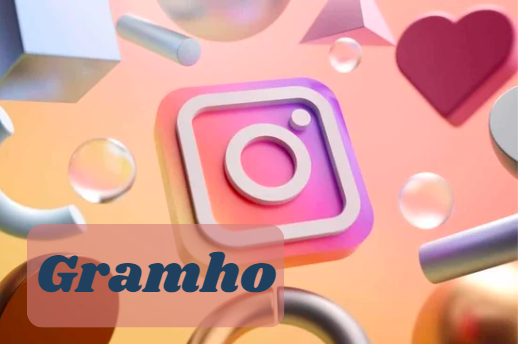Contents
Introduction
In the digital age, influencers hold a significant sway over social media and marketing landscapes. From fashion icons to fitness gurus, influencers shape trends, drive consumer behavior, and build personal brands that can rival traditional celebrities. However, with great power comes great responsibility—or, in some cases, a notable lack of it.
The phrase “influencers gone wild” captures the instances where influencers exhibit behavior that’s out of control, controversial, or downright scandalous. This comprehensive article will delve into the phenomenon of influencers gone wild, exploring notable incidents, underlying causes, and the broader implications on the industry and society.
The Rise of Influencer Culture
The Evolution of Influencers
The concept of influencers has evolved significantly from the early days of social media. Initially, influencers were ordinary people who amassed a following through relatable content and authenticity.
Platforms like Instagram, YouTube, and TikTok provided a space for these individuals to share their passions, whether it was beauty tutorials, travel vlogs, or fitness advice.
Over time, as follower counts grew, so did their influence, leading brands to recognize their potential as powerful marketing tools.
Influencer Marketing Boom
The rise of influencer marketing has been meteoric. Brands realized that influencers could offer a more personal, relatable, and engaging way to reach consumers compared to traditional advertising. Influencer marketing budgets skyrocketed, and collaborations became more sophisticated.
However, with increased visibility and financial incentives, the stakes grew higher, leading to more intense competition and pressure among influencers.
Notable Incidents of Influencers Gone Wild
Scandals and Controversies
The world of influencers is no stranger to scandal. From insensitive comments to outright illegal activities, influencers have found themselves at the center of numerous controversies.
The Logan Paul Incident
One of the most infamous cases is that of Logan Paul, a YouTube star who faced massive backlash after posting a video showing a body in Japan’s Aokigahara forest, known as the “suicide forest.” The video was widely condemned for its insensitivity and exploitation of a tragic situation, leading to significant fallout for Paul, including a temporary suspension of his YouTube ad revenue.
The Rise and Fall of James Charles
James Charles, a beauty influencer, has faced multiple controversies, including accusations of inappropriate behavior and manipulation. These scandals have led to public feuds with other influencers and a significant impact on his follower count and brand partnerships.
The Role of Social Media Platforms
Social media platforms play a crucial role in both the rise and fall of influencers. Algorithms, policies, and community guidelines shape the content that gets promoted or censored. When influencers go wild, platforms often face criticism for their role in either enabling or inadequately responding to such behavior.
Causes of Influencer Misbehavior
Pressure and Competition
The influencer industry is highly competitive, with individuals constantly vying for followers, engagement, and brand deals. This pressure can lead to risky behavior, as influencers seek to stand out and maintain their relevance.
Lack of Oversight
Unlike traditional celebrities, influencers often operate without the oversight of managers, PR teams, or legal advisors. This lack of professional guidance can result in poor decision-making and impulsive actions that lead to controversy.
Personal Issues
Influencers are human, and personal issues such as mental health struggles, substance abuse, or financial stress can contribute to erratic behavior. The constant scrutiny and expectation to maintain a perfect online persona can exacerbate these issues.
The Impact of Influencers Gone Wild
On Their Careers
When influencers go wild, the immediate impact is often felt in their careers. Brand deals can be canceled, follower counts can drop, and platforms may impose sanctions. However, some influencers manage to rebound, leveraging their controversies to maintain or even grow their following.
On Brands
Brands that collaborate with controversial influencers can suffer reputational damage. The association with negative behavior can lead to boycotts, negative publicity, and a loss of consumer trust. As a result, brands are becoming more cautious and selective in their influencer partnerships.
On Society
The behavior of influencers can also have broader societal implications. As role models to millions, their actions can influence public behavior and attitudes. Controversial actions can perpetuate harmful stereotypes, normalize risky behavior, or contribute to the spread of misinformation.
Case Studies of Redemption
While some influencers never recover from their wild behavior, others manage to turn things around.
Logan Paul’s Comeback
After the Aokigahara incident, Logan Paul faced severe backlash. However, he embarked on a journey of redemption, focusing on personal growth, mental health advocacy, and positive content. While his actions will always be a part of his legacy, he has managed to rebuild his brand and regain a substantial following.
Tana Mongeau’s Evolution
Tana Mongeau, known for her wild and controversial antics, has faced numerous scandals throughout her career. Despite this, she has managed to maintain her popularity by embracing her flaws, being transparent with her audience, and evolving her content to be more responsible and reflective.
The Future of Influencer Culture
Increased Regulation
As the influencer industry continues to grow, so does the call for increased regulation. Governments and platforms are implementing stricter guidelines to hold influencers accountable for their actions and ensure that their content meets ethical and legal standards.
Emphasis on Authenticity
The demand for authenticity is reshaping the influencer landscape. Audiences are becoming more discerning, valuing genuine and relatable content over polished perfection. This shift is pushing influencers to be more transparent and accountable to their followers.
The Rise of Micro-Influencers
Micro-influencers, with smaller but highly engaged followings, are gaining traction. Brands are recognizing the value of these influencers’ authentic connections with their audiences, which often result in higher engagement rates and more effective marketing outcomes.
FAQs about Influencers Gone Wild
What is meant by “influencers gone wild”?
The term “influencers gone wild” refers to instances where social media influencers engage in controversial, erratic, or unethical behavior that leads to public backlash and often negatively impacts their careers.
Why do influencers go wild?
Influencers may exhibit wild behavior due to various factors, including intense industry pressure, lack of professional oversight, personal issues, and the pursuit of attention and relevance.
How do scandals affect influencers’ careers?
Scandals can lead to a loss of followers, canceled brand deals, and platform sanctions. However, some influencers manage to recover by addressing their behavior, evolving their content, and rebuilding their brands.
What can brands do to avoid associating with controversial influencers?
Brands can conduct thorough background checks, monitor influencers’ behavior, and establish clear guidelines for collaborations to avoid potential controversies. Additionally, focusing on micro-influencers with authentic connections to their audience can mitigate risks.
How can the influencer industry become more accountable?
Increased regulation, stricter platform policies, and a greater emphasis on authenticity and transparency can help the influencer industry become more accountable and responsible.
Conclusion
The phenomenon of “influencers gone wild” is a testament to the complex and often tumultuous world of social media influencing. While the actions of a few can tarnish the reputation of the entire industry, there are also stories of redemption and growth.
As the industry continues to evolve, the emphasis on authenticity, accountability, and responsible behavior will shape the future of influencer culture. By understanding the dynamics at play, both influencers and their audiences can navigate this digital landscape more effectively, fostering a more positive and impactful online community.




